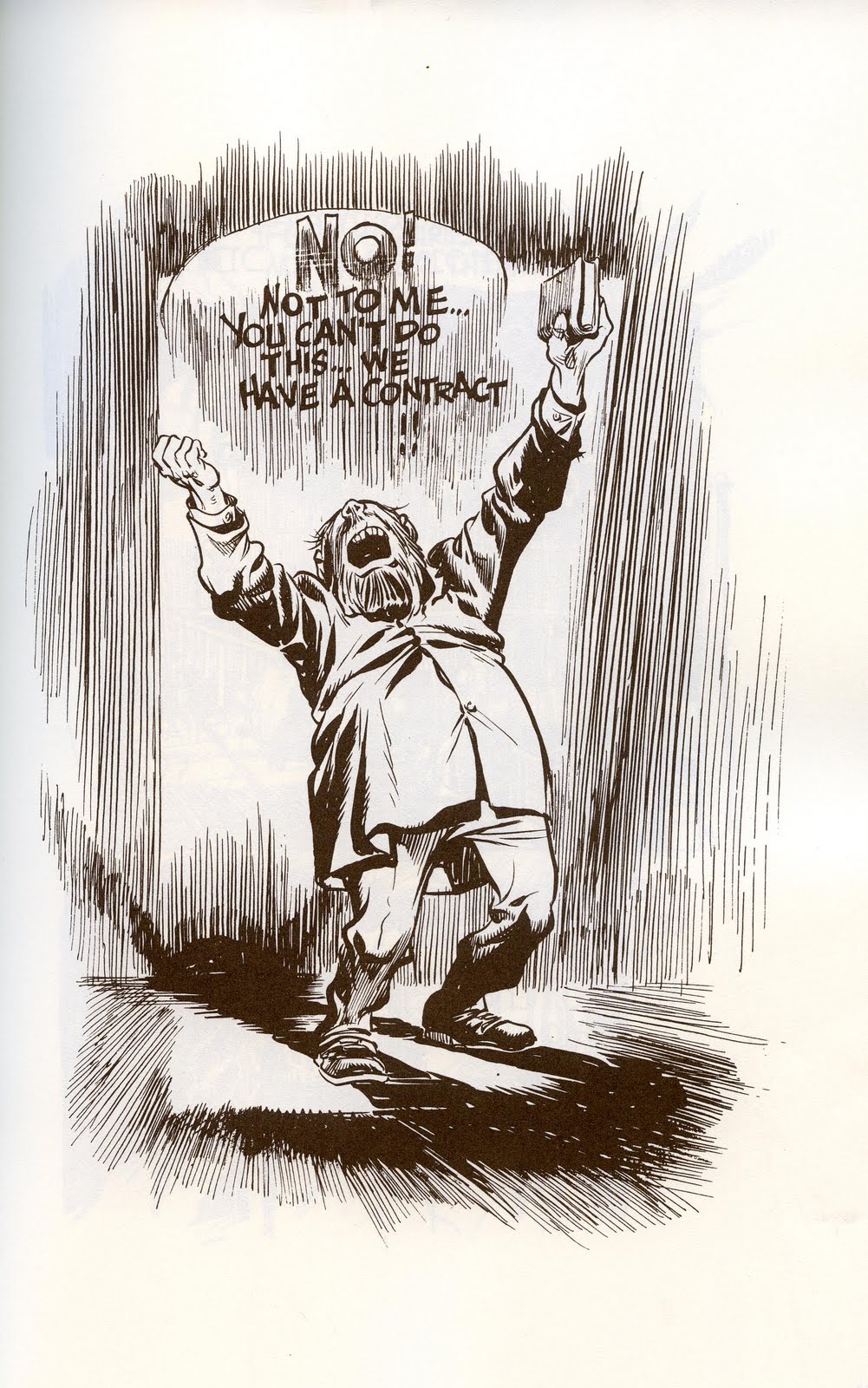John Darnielle's song "The Best Ever Death Metal Band in Denton," from The Mountain Goats' 2002 album All Hail West Texas, is about a pair of high school students whose friendship is destroyed by well-meaning parents who react with paranoid fear to the music of their band. Cyrus and Jeff's parents are worried that their sons have become victims of a pernicious cultural force, but can't bring themselves to think about what Cyrus and Jeff need from metal, and what results is a deeply seeded resentment: "When you punish someone for dreaming their dream," Darnielle writes, "don't expect them to than or forgive you."
Darnielle's new novel Wolf in White Van illustrates just how easy it is to go from being perceived as the victim of pernicious culture to its perpetrator. The narrator, Sean Phillips, is disfigured from a suicide he attempted when he was a teenager. As an adult, he makes a living by operating a series of role playing games like mail, including his most popular, the Trace Italian, in which players travel through a post-nuclear United States in search of the titular citadel, the last remaining outpost of civilization and of safety. The narrative vacillates between the present day and Sean's memories of the period just after his disfigurement. His own parents' persistent need to blame his actions on some exterior force--the music he listens to, the girl he's been dating--becomes tragically reflected in the present, when Sean is sued by the parents of two teenagers who died from exposure while trying to enact the plot of the Trace Italian.
Sean seems monstrous, of course, from a certain perspective. But his own experiences amplify the sympathy he feels for the parents of the deceased--and for the kids, with whom he had a peculiar but very real relationship, through the correspondence of the game. To what extent is he responsible for their death? Is Sean the "wolf in white van" that a Christian television show says can be heard when a certain radio is played backwards?
And I thought, maybe he's real, this wolf, and he's really out there in a white van somewhere, riding around. Maybe he's in the far back, pacing back and forth, circling, the pads of his huge paws raw and cracking, his thick, sharp claws dully clicking against the raised rusty steel track ridges on the floor. Maybe he's sound asleep, or maybe he's just pretending. And then the van stops somewhere, maybe, and somebody gets out and walks around to the side to the back and grabs hold of the handle and flings the doors open wide. Maybe whoever's kept him wears a mechanic's jumpsuit and some sunglasses, and he hasn't fed the great wolf for weeks, cruising the streets of the city at night, and the wolf's crazy with hunger now; he can't even think. Maybe he's not locked up in the back at all: he could be riding in the passenger seat, like a dog, just sitting and staring out the open window, looking around, checking everybody out. Maybe he's over in the other seat behind the steering wheel. Maybe he's driving.
But there is no wolf--no evil force that tragedy can be safely assigned to. The Trace Italian games, for Sean, are a way of managing the forces of chance and uncertainty that are associated with such tragedy. No one has ever reached the Trace, but there is a comfort in knowing that the scenarios have been written and lie in a drawer: the whole plot, constructed and whole, known only to Sean. The death of the teenage players threatens to disrupt the certainty and structure that Sean has needed since his disfiguration.
As a debut novel, Wolf in White Van is very assured. But like with Cyrus and Jeff, Darnielle has been thinking about these themes for years, and they're no doubt influenced by his own infamously turbulent childhood. And while the Satanic paranoia of "The Best Ever Death Metal Band in Denton" seems very much a relic of a couple of decades ago, Wolf in White Van shows how the need to identify and root out what we call "evil" remains prevalent and powerful.






.jpg/200px-TheDivineInvasion(1stEd).jpg)













